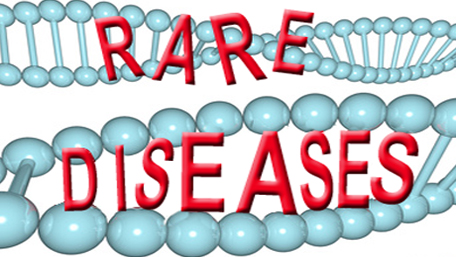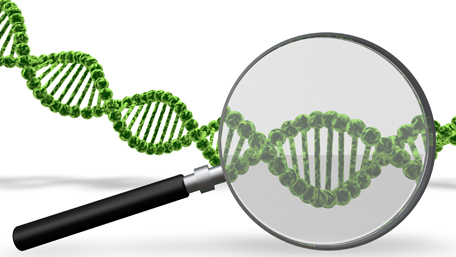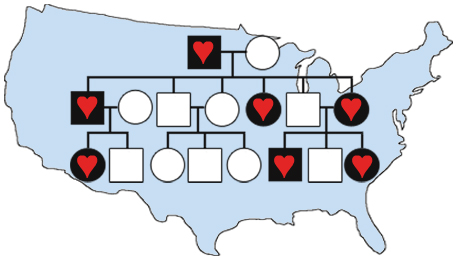
Apr 18, 2024
Last Posted: Apr-18-2024 08:07:35
Genetic Researchers' Use of and Interest in Research With Diverse Ancestral Groups.
From the article: " Question: Are genetic researchers interested in research with diverse ancestral groups, and how can data stewards encourage that use?
Findings: In this survey study of 294 genetic researchers, significantly more respondents reported working with data from European ancestral populations than any other ancestral population, and European samples were more likely to be considered by researchers as adequate across data-steward type. Most researchers were interested in using more diverse ancestral populations and reported that increasing ancestral diversity of existing databases would enable such research. Meaning: These findings suggest that there are specific gaps in access to and composition of genetic databases, underscoring the need to boost diversity in existing research samples to improve inclusivity in genetic research practices."
From the abstract: "Next-generation sequencing has revolutionized the speed of rare disease (RD) diagnoses. While clinical exome and genome sequencing represent an effective tool for many RD diagnoses, there is room to further improve the diagnostic odyssey of many RD patients. One recognizable intervention lies in increasing equitable access to genomic testing. Rural communities represent a significant portion of underserved and underrepresented individuals facing additional barriers to diagnosis and treatment."
Expanding Applications of Clinical Genetic Testing - Ethical Challenges.
From the article: "Thanks to advances in human genomics, both technological and discovery-based, genetic and genomic testing (which we will refer to collectively as “genetic testing”) are playing an increasingly important role in clinical care. Although genetic testing has long been recognized as raising thorny ethical dilemmas, the widening scope and scale of genetic tests are reshaping old concerns and posing new challenges. Moreover, the need to address these ethical challenges is no longer restricted to clinicians in particular niches, instead becoming immediately relevant for all clinicians. "
From the article: "Ever since genetic test results have been able to be reported, questions have arisen regarding their implications for genetic relatives. Alongside the proband in whom the initial diagnosis is made, family members often also have an interest in the information. Being informed allows an at-risk relative to consider genetic counseling and testing, and to act in advance to prevent or mitigate future morbidity. Indeed, supporting patients to communicate risk information to their relatives is now considered as a key aspect for maximizing the benefits of genomic medicine. "
Hot Topics of the Day are picked by experts to capture the latest information and publications on public health genomics and precision health for various diseases and health topics. Sources include published scientific literature, reviews, blogs and popular press articles.
Sign up to receive the daily hot topic email alert.
Archived Hot Topics of the Day By Date- Page last reviewed:Feb 1, 2024
- Page last updated:Apr 18, 2024
- Content source:





